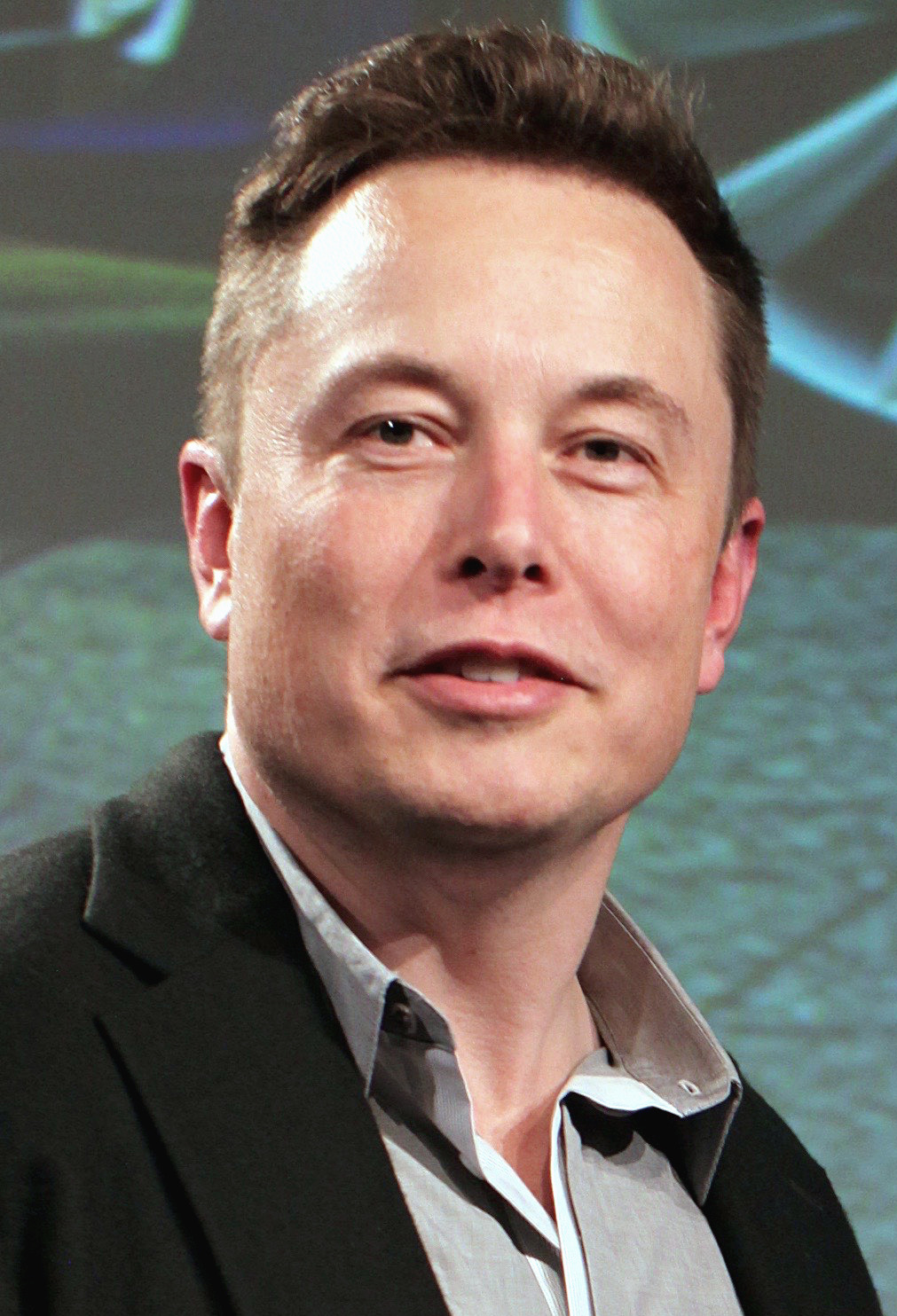Steve Jurvetson via Wikimedia Commons
It’s taken Elon Musk only 10 years to take Tesla from fledgling startup to one of the most valuable car companies in the world. Part of the reason for this success is that Musk and his team have mastered the challenge of building products that customers love.
Not like, mind you, love. Tesla customers are passionate about their cars, and they eagerly spread their enthusiasm to friends, family, and the rest of the world through social media. This word-of-mouth advertising is so effective that Musk himself claims Tesla doesn’t even need a marketing department.
Take the recent launch of the Cybertruck, for example.
On the surface, the Cybertruck launch was a disaster. Even many Tesla fans admitted they thought the new e-truck was ugly. And after Musk boasted that the truck’s windows were practically unbreakable, Tesla lead designer Franz von Holzhausen, uh … broke them.
But fast-forward a bit. Within a week, Cybertruck had won over many of its fiercest detractors. Over 250,000 people were so enamored they were willing to deposit a hundred dollars to be among its first potential owners.
So, how do Musk and company do it? How do they manage to build products that customers are dying to get their hands on?
Musk revealed the answer to that question in a recent interview. The interview is full of fascinating insights, but it’s especially noteworthy when you realize it was actually given a couple of weeks before Cybertruck’s launch.
Responding to a question on market research, Musk said the following:
I do zero market research, whatsoever … Try to think of what is the platonic ideal of, say, the perfect rocket or car. What characteristics would it have? And then, make that. And then, I find that if you do that, people will want to buy it.
We’re going to come out with the Tesla pickup truck, or we call it Cybertruck. I mean, it looks like an armored personnel carrier from the future. It doesn’t look like a normal truck. People might not like it. You might not. Which is, I don’t know. I like it.
It’s going to look like it came off of a movie set. When it goes down the road, you’re like, ‘Whoa. What is that thing?’ It’s literally bulletproof.
Musk then proceeded to teach a master class in building products people love:
A lot of times, I think, people try to make products that they think others would love but they don’t love them themselves. If you don’t love the product, you should not expect that others will. You know your own heart, and if it’s compelling to you then it will be compelling to others.
If you don’t love the product, you should not expect that others will.
There’s a lot of wisdom in that sentence.
Think about it: Enthusiasm is contagious. If you truly believe in something, your passion will come across naturally and will inspire other, like-minded people. In contrast, if you don’t get passionate about your idea, no one else will.
Second, it’s important to remember that while good designers and engineers keep the client or end user in mind, great designers and engineers look past the client. Great designers show others something they never would have imagined themselves but that, once they see, they fall in love with.
Or, as Steve Jobs famously said, “People don’t know what they want until you show it to them.”
So, if you’re building a product or service, never forget the customer. But, even more important, focus on building something you truly believe in, something you can really get behind.
Something that you love.
Otherwise, what’s the point of it all?
Enjoy this post? Check out my book, EQ Applied, which uses fascinating research and compelling stories to illustrate what emotional intelligence looks like in everyday life.
A version of this article originally appeared on Inc.com.


